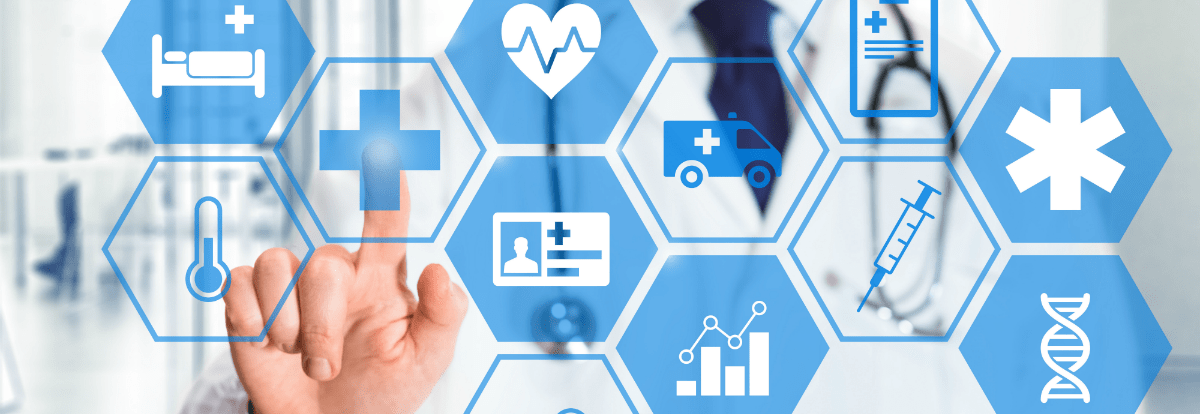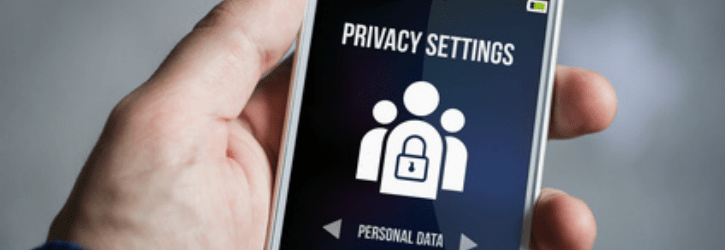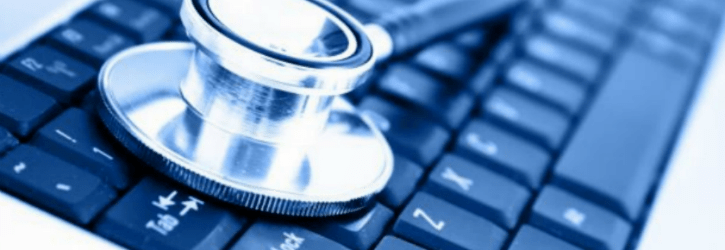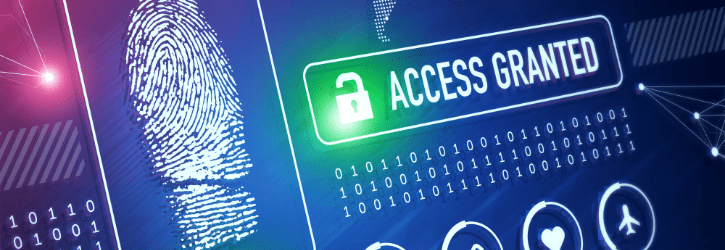
Welcome To The Data Leak Lawyers Blog
We focus on the latest news surrounding data breaches, leaks and hacks plus daily internet security articles.

We focus on the latest news surrounding data breaches, leaks and hacks plus daily internet security articles.

The impact of hospital data breaches can be incredibly severe given that we’re talking about some of the most personal and sensitive information there can be.
This can mean that the victims of this kind of medical data breach can suffer more, and it can also mean that hospitals are a bigger target for hackers.
As expert data protection lawyers, we can tell you from years of real experience in fighting for the rights of data breach victims that these kinds of legal cases need a specific approach. When it comes to sensitive medical data that has been exposed, data breach compensation amounts can be higher, and it takes specialist lawyers like us to make sure you get the best representation possible.

As expert Data Leak Lawyers who specialise and focus on data protection compensation claims, we believe that people ought to be concerned about health app data breaches.
There are many ways these breaches can occur, and when it comes to medical data, we’re talking about some of the most private and sensitive information there is.
The app market continues to grow, and the popularity of health apps is understood to be on the rise as well. Ultimately, the companies behind these apps could be gathering – and maybe even sharing – more data than many people realise. On top of that, the risks of leaks and hacks is a cause for concern.

Official records from NHS Digital reportedly show an alarming number of NHS email cyber-attacks, with the healthcare service said to have been hit by over 11 million in the last three years.
The data for the number of attacks that were successfully blocked was at a staggering 11,352,000 in the last three years. Although we can be positive about the fact that these attacks are those that were successfully stopped, the figures show the significant number of attacks that are taking place, and how much of a target the public healthcare system is.
The NHS was one of the worst-hit victims of the 2017 WannaCry incident as well. With them being such a target, what can be done when successful cyber-attacks take place?

The consequences of an NHS confidentiality breach can be severe, which is why claims for medical data breach compensation must always be taken seriously.
A large volume of the individual claims we take forward are NHS data breach compensation claims. They can be common because of the volume of data that our national health service is responsible for processing and storing. On top of that, any data breach or leak involving medical data is generally severe given that it’s personal and sensitive information.
Data breach compensation amounts for these kinds of cases can be typically high. But what amounts to a legal case, and can we help you?

If you’ve been the victim of an NHS cybersecurity breach, it’s important to know what you can do in terms of your rights for legal justice.
The NHS is a huge target for cybercriminals, and a lot of this stems from a lack of infrastructure and investment. It takes the government to ensure that the NHS is properly equipped to defend itself in the digital age, and it appears that they’re still falling short.
For the victims whose information is misused and / or compromised, it’s important to know what can be done when it comes to medical data breach compensation claims.

NHS data compensation claims could be set to keep rising as news of substandard systems hit the media headlines this month.
We can tell you from experience that a large proportion of the people we help for individual and group action / multi-party cases are for NHS data breach compensation claims. Worryingly, recent investigation results led to MPs reportedly branding some NHS systems as ‘unfit for purpose’, with other systems branded as ‘hopeless’, which doesn’t fill patients with confidence at all.
Part of the problem is understood to be the variety of systems used, and the age of some of the IT the NHS are relying upon.

Questions have been raised over health apps data security, as research indicates that some apps may be leaking data and sharing information without users really knowing about it.
Recent studies indicated that many health apps are sharing information with dozens of companies, including to marketing companies and digital advertising firms. Questions have been raised over whether the privacy policies for these apps are clear enough in explaining just how far the data they collect and share goes.
At the end of the day, when you download a health app, it’s for your personal use for monitoring your wellbeing or tracking your medication intake, as examples. Is it really fair to expect that your data will then be shared far and wide, and passed to companies for marketing purposes?

It’s true that there’s an issue with hackers selling stolen medical records, normally on the dark web. The problems this can cause for victims can be huge.
Some people may not even be aware that their medical data has been stolen. Even the organisation(s) the data has been stolen from may not (yet) even be aware. Some victims of medical record hacks find out because of an instance of online exposure, or even successful or attempted cases of identity theft.
Claims for medical data breach compensation are some of the most common types of cases we deal with. The healthcare sector is a target, so know your rights if you end up being the victim of hackers selling stolen medical records related to you.

Recent study findings suggest that healthcare cybersecurity is still a cause for concern, with the healthcare industry itself a prime target for cybercriminals.
Underfunding and a lack of understanding by bosses means there are still huge gaps and vulnerabilities when it comes to healthcare cybersecurity, putting countless people’s private and sensitive medical data at risk of leaks and hacks.
It’s a simple case of pace: the healthcare industry doesn’t appear to be able to keep up to speed with the pace of the cybercriminals who are targeting them.

In the digital era, the safety of data has been a huge concern for many industries. The healthcare industry has always been a prime target for cyberattackers, and it’s one of the industries that suffers the highest number of breaches.
There’s no surprise as to why this is the case. Medical records are seen as a treasure trove because they usually contain a wealth of personal information – enough information gathered for someone to seriously blackmail a victim, or perhaps even commit identity fraud.
Medical information is sensitive – so will new tech save us from future scandals?
read more
EasyJet admits data of nine million hacked
British Airways data breach: How to claim up to £6,000 compensation
Are you owed £5,000 for the Virgin Media data breach?
Virgin Media faces £4.5 BILLION in compensation payouts
BA customers given final deadline to claim compensation for data breach
Shoppers slam Morrisons after loyalty points stolen
Half a million customers can sue BA over huge data breach
Lawyers accuse BA of 'swerving responsibility' for data breach
The biggest data breaches of 2020
Fill out our quick call back form below and we'll contact you when you're ready to talk to us.